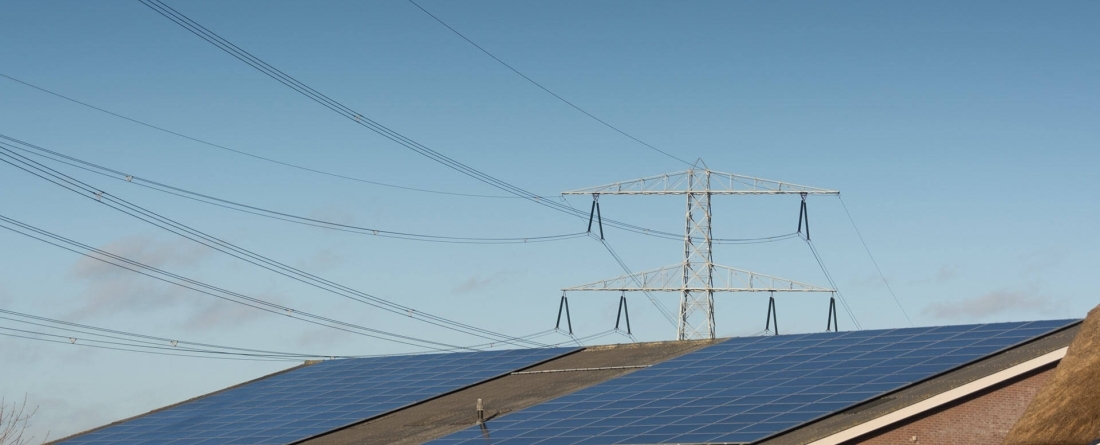
Via Maryland Today / By Shannon Kennedy
On top of direct health risks, air pollution increases electricity consumption while making solar power more costly to produce, exacerbating problems with access to clean energy in historically polluted areas that are often home to low-income and minority communities, new University of Maryland research has found.
Yueming (Lucy) Qiu, associate professor in the School of Public Policy and Center for Global Sustainability, and doctoral candidate Jing Liang in the school analyzed the likelihood of people staying indoors due to air pollution, along with the impacts of pollution on the performance of solar panels in Phoenix, Ariz., the fifth-most populous city in the U.S. and No. 1 for air pollution. The study, published today in Nature Energy, found increased electricity consumption for residential, retail and recreational buildings.
“We know that air pollution is already a major problem that directly harms human health, but there are many other co-damages to air pollution that are rarely considered,” Liang said.
Qiu noted that the research, funded by a National Science Foundation CAREER award, is especially relevant as the United States faces a global pandemic, economic turmoil, intensifying wildfires and frequent hurricanes—and is at turning point in addressing systemic racial injustices. Racial and economic injustices are only heightened by climate change, she said.
“Today’s findings show that our most vulnerable are subject to even more inequity due to air pollution and a lack of affordable access to electricity than thought before,” Qiu said.
The environmental injustices associated with air pollution highlight even more the importance of energy policies that benefit lower-income and ethnic minority groups, she said.
The researchers urge policymakers to explicitly consider the knock-on effects of pollution: decreased outdoor activity; increased flight from cities as individuals escape air pollution; and greater electricity consumption. Innovative clean energy policies should be implemented more quickly, they said, especially in highly developed areas prone to air pollution.
“Imagine what these results must indicate for countries such as China, India or even nearby Mexico where air pollution is much more toxic,” said co-author Pan He, assistant professor at Cardiff University in the U.K.



